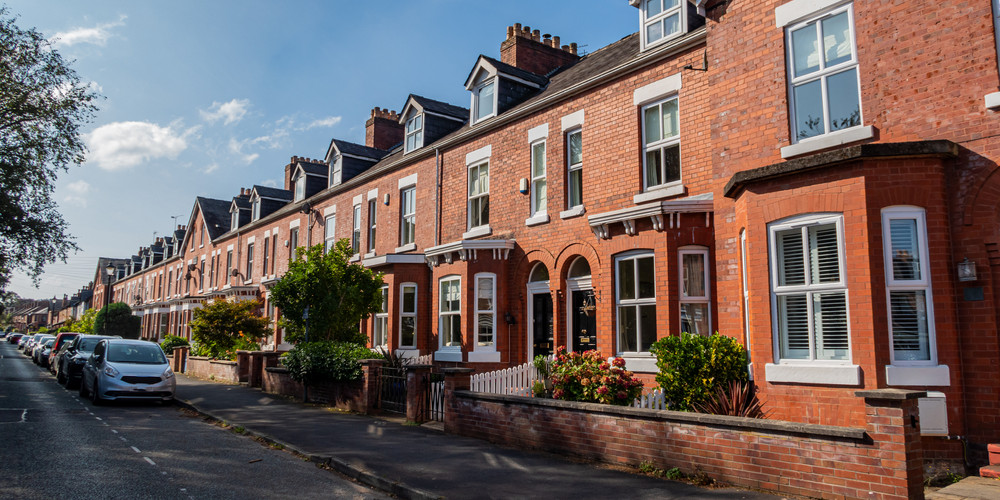Over 100,000 Jobs Needed in Retrofit Sector EVERY YEAR Until 2050!
23rd September 2024

The East Midlands is on the cusp of a green jobs boom, with over 105,000 new retrofit jobs required every year across the UK to meet ambitious 2050 net zero targets. These roles are critical to transforming the region’s aging building stock into energy-efficient, low-carbon assets.
Ryan Cancellara, Energy Expert at Essential Green Skills, emphasised the scale of this challenge:
"The numbers are staggering – over 100,000 jobs annually. But this isn’t just a numbers game; it’s about creating meaningful, long-term careers in the green economy. We have to act now to make sure we have the skilled workforce needed to meet these demands."
Building the Workforce of the Future
From electricians to retrofit coordinators, the demand for skilled workers is extraordinary. Thousands of roles will need to be filled each year to upgrade insulation, install renewable energy systems, and modernise heating technologies across homes and businesses. Cancellara adds, “These jobs will not only help us reduce emissions but also improve lives by cutting energy costs and creating healthier, more comfortable homes.”
A Historic Opportunity for Green Job Creation
The retrofit sector represents a vast economic opportunity, with roles across various trades – such as heat pump installers, insulation specialists, and energy assessors needed to deliver energy efficiency improvements at scale. Retrofitting buildings, especially those constructed before 1919, is key to reducing the 20% of the UK’s carbon emissions that come from the built environment. "This is a turning point," says Cancellara. "If we don’t seize the opportunity now to build the workforce and invest in green skills, we risk falling behind not just in meeting our climate goals, but in the broader green economy race."
Addressing the Skills Shortage
One of the biggest barriers to the retrofit revolution is the current skills shortage. While demand for retrofitting grows, the UK lacks enough trained workers to meet this challenge. In order to meet the 2050 net zero target, retrofit recruitment must triple over the coming years.
Retrofitting: A Win-Win for Homes and the Environment
Retrofitting doesn’t just lower carbon emissions; it also reduces household energy bills, improves living conditions, and supports a healthier, more sustainable built environment. Cancellara stresses the broader impact: "Retrofitting isn’t just about hitting environmental targets – it’s about creating better homes and improving quality of life for everyone. This is a win-win for both the economy and the environment."
Long-Term Green Career Pathways
The retrofit sector offers long-term, stable employment opportunities in an economy increasingly focused on sustainability. Beyond the immediate need for skilled workers, there are significant opportunities to build lasting career pathways in the green economy.

